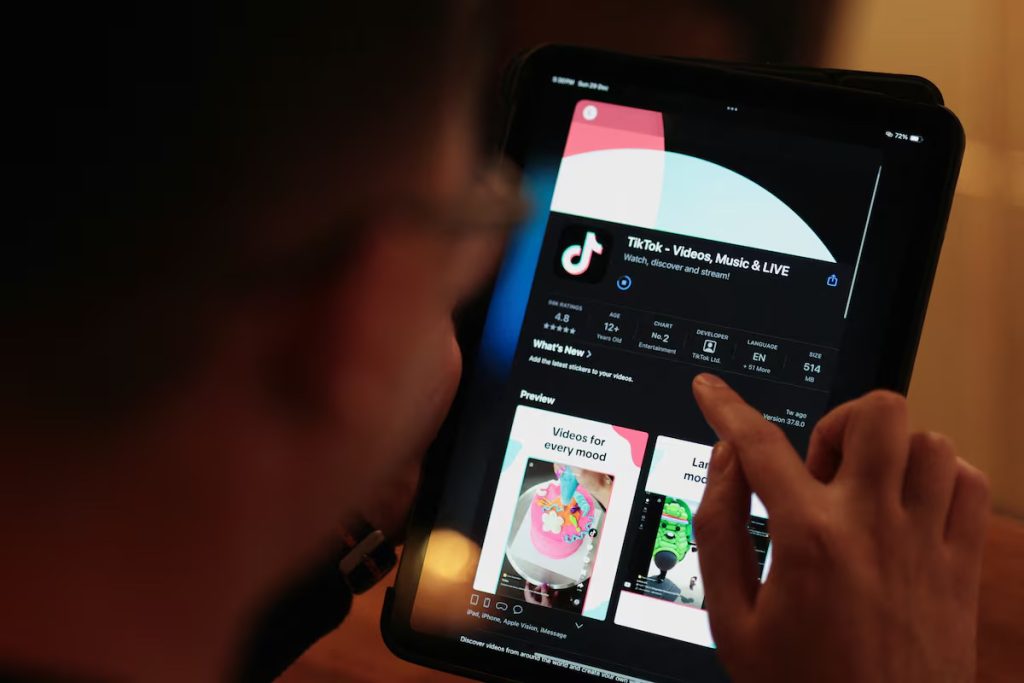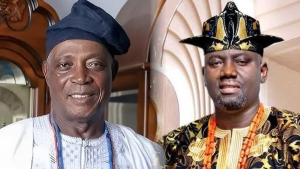
In Tirana, Ergus Katiaj, a local shop owner who relies on TikTok to promote his nighttime delivery service of potato chips, cigarettes, and alcohol, faces a business setback as Albania’s government prepares to implement a year-long ban on the social media app. Prime Minister Edi Rama announced the ban on December 21, citing a desire to combat youth violence after the tragic stabbing of a 14-year-old boy in November, allegedly linked to online disputes.
Katiaj, whose business thrives on TikTok’s free marketing, expressed concern about the decision’s impact. “It will have a huge impact on my business because most of the sales are through delivery thanks to TikTok’s free marketing,” he said. The app currently generates approximately €1,000 in monthly profit for him.
The ban, expected to take effect in the coming weeks, aligns Albania with at least 20 other nations that have partially or fully restricted TikTok over concerns ranging from security to improper content. However, opponents argue the move stifles commerce and free speech ahead of May elections, fueling allegations of political suppression.
Critics like Orkidea Xhaferaj of the Tirana-based think tank SCiDEV warn that the ban sets a dangerous precedent. “This creates a dangerous precedent that at any moment governments can close different platforms,” Xhaferaj said.
TikTok, owned by China-based ByteDance, has denied its involvement in the incident. A spokesperson noted that reports confirmed the videos leading to the stabbing were posted on a different platform.
Political Implications and Protests
The ban comes amid heightened political tensions in Albania. Last year saw a wave of violent protests, with demonstrators hurling petrol bombs at government buildings and police responding with tear gas and water cannons. Leaders of opposition parties, including Sali Berisha of the Democratic Party and Ilir Meta of the Freedom Party, face corruption charges, which they claim are politically motivated.
For newer political movements like the Bashke Party, founded in 2022, the ban poses a significant challenge. Leader Arlind Qori criticized the decision, calling it a tactic to suppress opposition. “He wants to close our mouth,” Qori said from his office in Tirana.
Rama, however, insists the measure is purely protective. Speaking in front of a memorial for the slain schoolboy, he questioned TikTok’s global influence. “Inside China’s TikTok, you don’t see hooliganism, perversity, violence, bullying, crime,” he remarked. “While in TikTok outside of China only scum and scoundrels. Why do we need this?”
The ban has ignited debates over its broader implications for freedom of expression and governance in Albania. As businesses and political parties brace for the app’s removal, the controversy highlights the growing intersection of social media, politics, and public safety.








